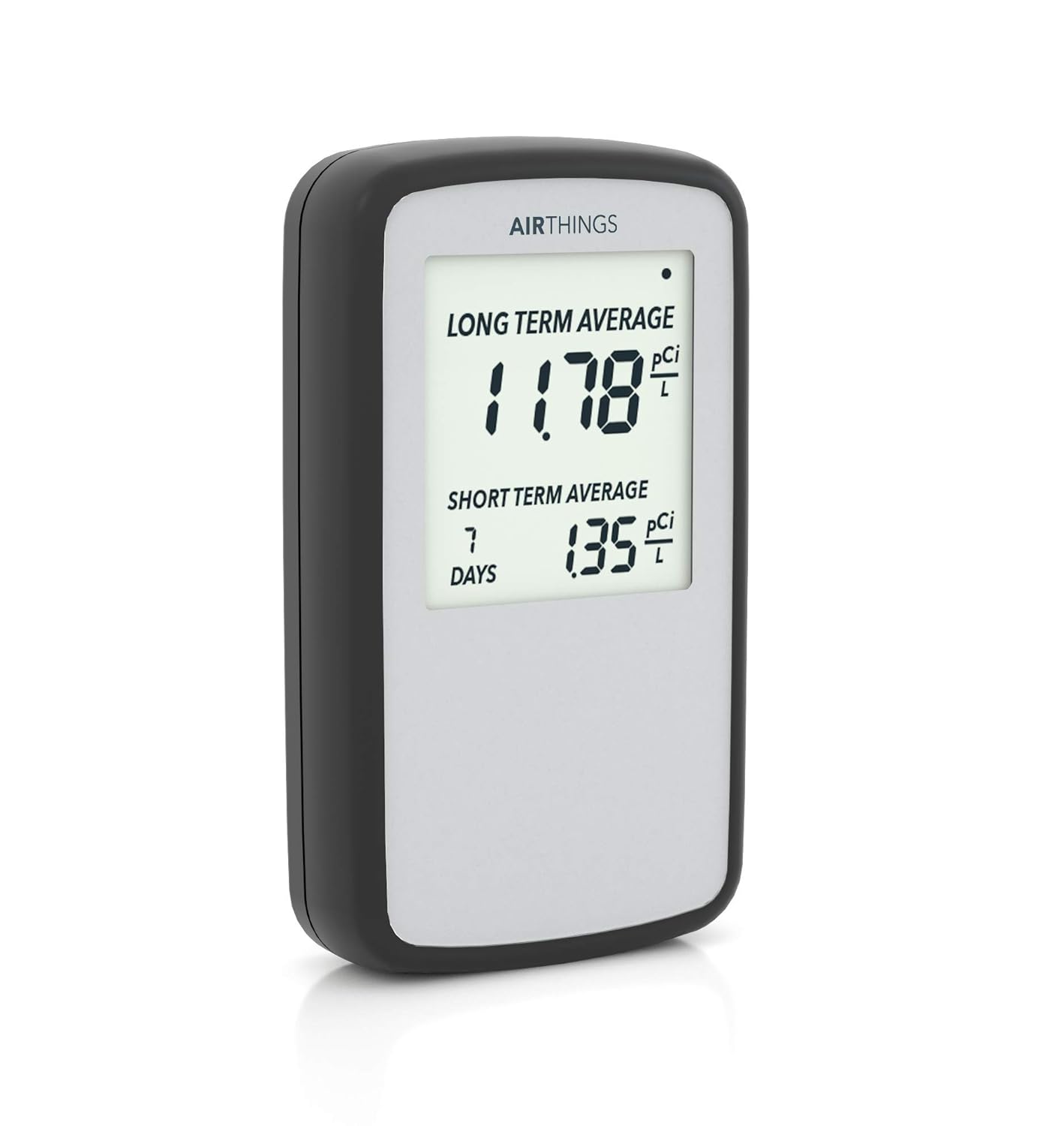Household Sensors Alarms
Household sensor alarms are devices designed to enhance safety and security within a home environment. These alarms are commonly used in various aspects of home improvement and safety, helping homeowners protect their property and loved ones. Here are some key types of household sensor alarms:
Smoke Alarms: Smoke alarms are essential for fire safety. They detect smoke and trigger an audible alarm to alert occupants of a potential fire hazard. Modern smoke alarms often come with both smoke and carbon monoxide detection capabilities.
Carbon Monoxide Alarms: These alarms specifically detect the presence of carbon monoxide gas, which is colorless and odorless. Carbon monoxide can be produced by appliances like furnaces and gas stoves, posing a serious health risk if undetected.
Intrusion Alarms: Intrusion alarms, commonly known as burglar alarms, are designed to detect unauthorized entry into a home. They often include motion sensors, door/window sensors, and keypads for arming and disarming the system. When triggered, they can activate an alarm and/or notify a monitoring service or the homeowner.
Water Leak Detectors: Water leak detectors are used to identify leaks in plumbing or appliances that could lead to water damage. When water is detected, these alarms can emit an alert, helping homeowners address the issue promptly.
Gas Leak Alarms: Gas leak detectors are crucial for detecting leaks of natural gas or propane within a home. These alarms can trigger alerts or shut off the gas supply to prevent potential explosions or health hazards.
Carbon Dioxide (CO2) Alarms: CO2 alarms monitor indoor air quality for high levels of carbon dioxide, which can be a concern in poorly ventilated spaces. They can provide warnings to improve air circulation and prevent health issues.
Heat Detectors: Heat detectors are used in areas where smoke detectors may not be suitable, such as kitchens or garages. They respond to rapid increases in temperature and can trigger an alarm when a fire is detected.
Smart Home Security Systems: Many household sensor alarms are now integrated into smart home security systems.These systems allow homeowners to monitor and control their alarms remotely through smartphone apps, receive notifications, and even integrate with other smart devices like cameras and doorbell cameras.
Environmental Sensors: Some households use environmental sensors to monitor factors like humidity, temperature, and air quality to maintain a comfortable and healthy living environment.
Household sensor alarms play a crucial role in enhancing the safety and security of a home. They provide early warnings for various potential hazards, allowing homeowners to take appropriate actions to protect their property and loved ones. Proper installation and maintenance of these alarms are essential to ensure their effectiveness in safeguarding the home.

